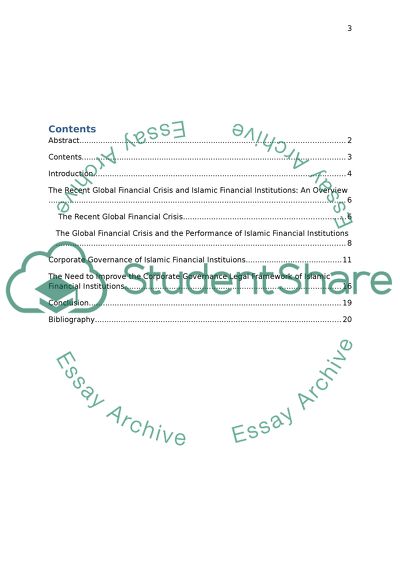Cite this document
(“Why Islamic Financial Institutions in Need for Corporate Governance Essay”, n.d.)
Retrieved from https://studentshare.org/law/1394132-why-islamic-financial-institutions-in-need-for
Retrieved from https://studentshare.org/law/1394132-why-islamic-financial-institutions-in-need-for
(Why Islamic Financial Institutions in Need for Corporate Governance Essay)
https://studentshare.org/law/1394132-why-islamic-financial-institutions-in-need-for.
https://studentshare.org/law/1394132-why-islamic-financial-institutions-in-need-for.
“Why Islamic Financial Institutions in Need for Corporate Governance Essay”, n.d. https://studentshare.org/law/1394132-why-islamic-financial-institutions-in-need-for.


